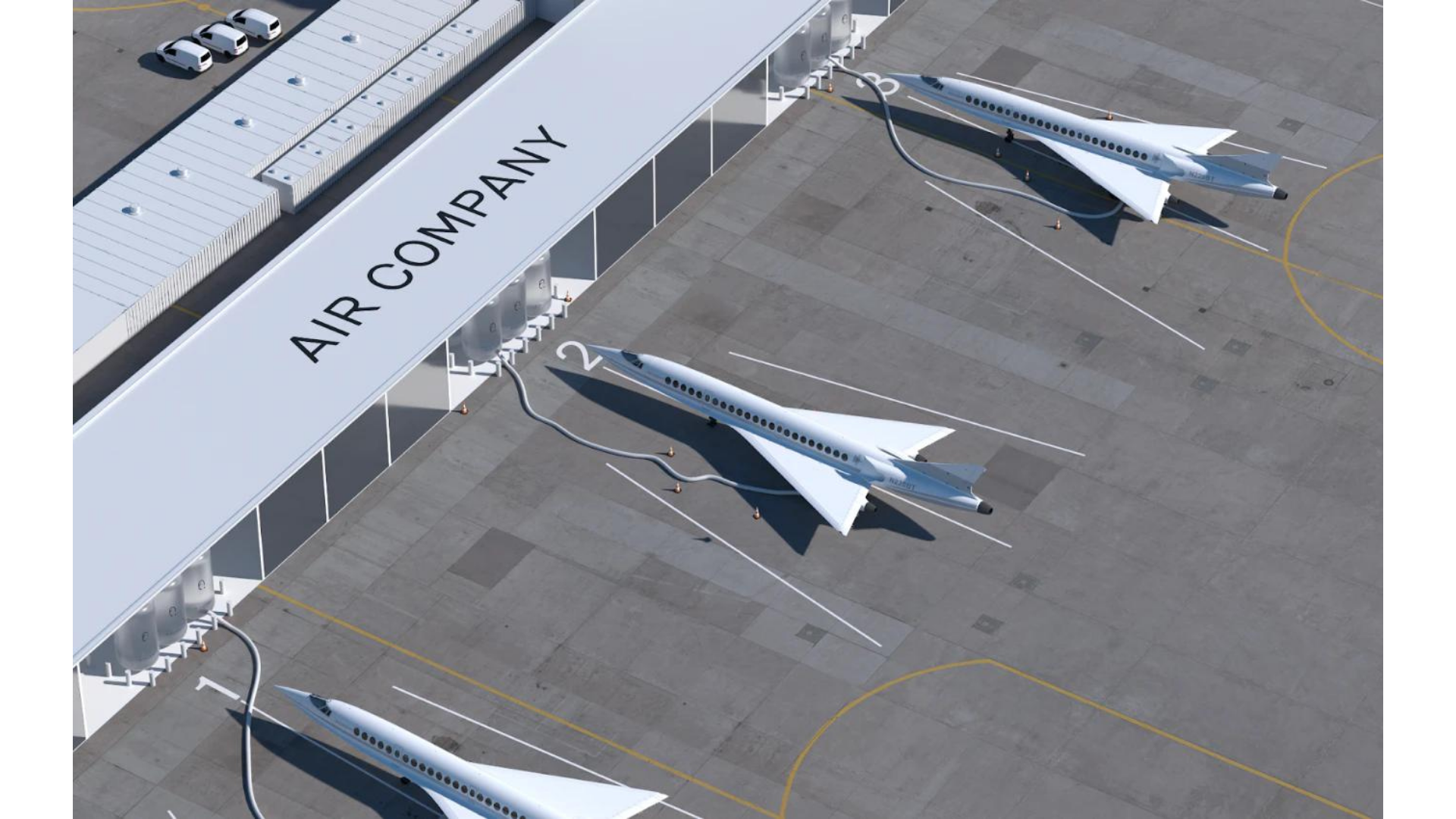Air Company
Our Investment in Air Company
Turning captured CO2 into carbon-negative products
MCJ has previously interviewed and invested in a number of companies capturing CO2 — such as Heirloom, Remora, and Noya — but one might ask, what happens once the gas is contained? Storage is one option, and a number of companies are pursuing opportunities to pump CO2 underground into a variety of geologic formations.
While subsurface storage presents a means of sequestering carbon dioxide at scale, carbon utilization, which seeks to put CO2 to use productively, has emerged as another avenue.
Part of an emerging carbon utilization industry, Air Company is converting captured-CO2 into high-value products such as vodka, fragrance, and fuels. The Brooklyn-based company sources its carbon dioxide from third-parties and transforms it into impurity-free alcohols that can be used to create a variety of consumer goods. We’re excited to announce our investment in Air Company and back its founders — CEO Gregory Constantine and CTO Dr. Stafford Sheehan — who are pursuing a novel and bold vision to produce carbon-negative products.
What is Air Company?
Air Eau de Parfum is the world’s first fragrance made from air.
Air Vodka is the world’s first carbon-negative spirit.
Air Company is a carbon technology, engineering, and design business that creates products derived from captured-CO2. Launched in 2019, Air Company has produced a spate of products at its Brooklyn facility: Air Vodka, Air Spray, and Air Eau de Parfum. Applying its proprietary carbon-conversion technology — which produces pure ethanol from just CO2, water, and solar energy — the company has ambitions to produce carbon-negative goods across a broad range of verticals. At scale, Air Company has the potential to address up to 10.8% of global CO2 emissions or over 4.6 billion tons of CO2 annually!
One of the most impactful areas it’s already at work on is in the industrial and aerospace sectors. By leveraging its existing manufacturing infrastructure, Air Company plans to produce fuels, which in sectors like aviation contributes to around 2% of global emissions.
Earlier this year, Gregory came on the MCJ Podcast to share the company’s history and vision.
Why did we invest?
Compelling Founder-Market Fit
A rendering of how Air Company may sustainably fuel airplanes in the future.
Air Company’s founders represent a complementary mix of technical and commercial skills and backgrounds. With a PhD in Chemical Physics from Yale University, Stafford, as CTO, brings a deep expertise in the underlying science related to the carbon-conversion technology the company has developed. As CEO, Gregory brings a background in business and the arts from Harvard Business School and The University of Sydney. In addition, he previously worked in global marketing at Diageo, one of the largest producers of spirits and beers in the world. Along with their team of engineers and operators, they have gone on to ramp up production and commercialize a growing line of products.
Considerable climate and commercial traction
One of the most impressive aspects of Air Company’s story is the progress it has made going from honing its technology at the lab bench to selling out its vodka with retail distributors. Finding product-market fit among climate-conscious consumers, Air Company has been kept busy meeting demand for its offerings. It continues to garner attention from large prospective partners across sectors. In 2021, it won NASA’s CO2 Conversion Challenge and was selected to demonstrate converting CO2 into sugars for use in future missions to Mars. It’s no surprise that its traction and broad applications in key industries have attracted the likes of Carbon Direct, Toyota Ventures, JetBlue Technology Ventures, and Parley for the Oceans, who among many others invested in Air Company’s recent $30MM Series A.
While alcohol and fragrance collectively represent a market in the hundreds of billions, there’s a larger climate and commercial opportunity that Air Company is well-placed to lead. Direct air capture technologies are currently challenged by the cost and economics of sequestering CO2. By creating valuable markets to which captured-carbon can be sold as a commodity, Air Company is helping to drive down the cost and, therefore, make carbon sequestration commercially viable. We believe that the team is poised to build a platform that will see carbon-negative goods proliferate, advancing the decarbonization of our atmosphere.




